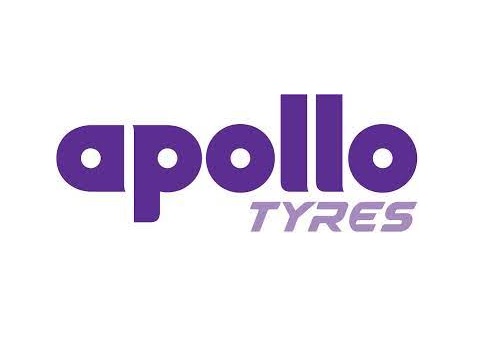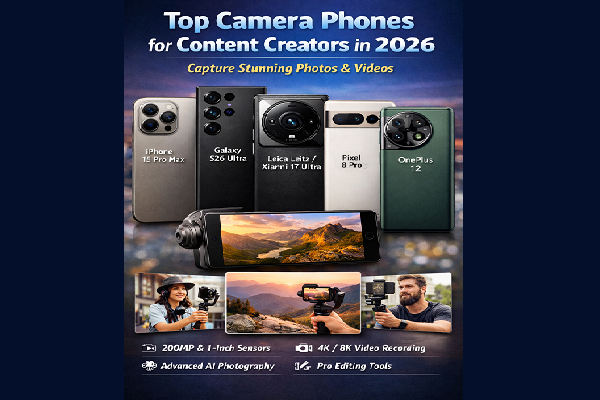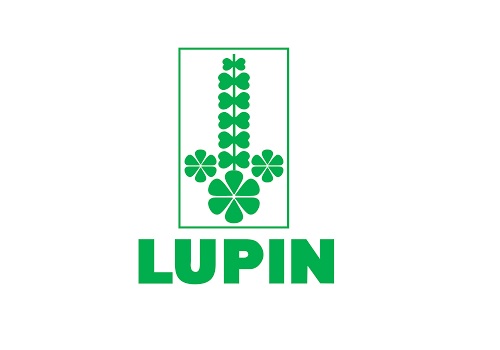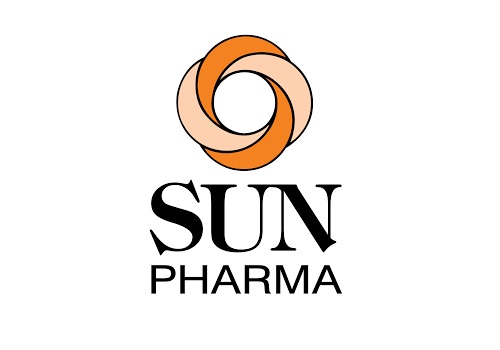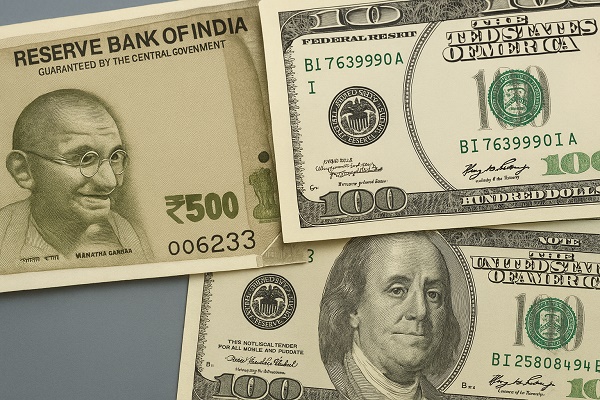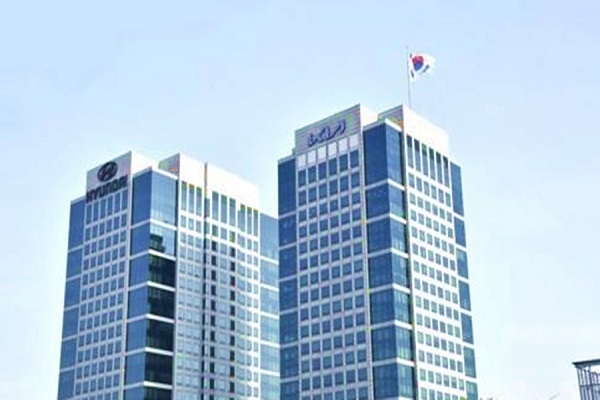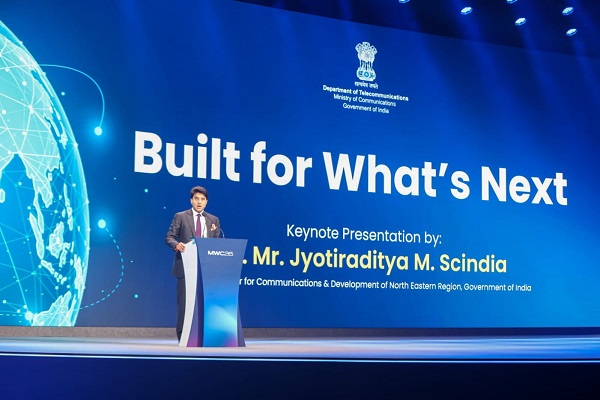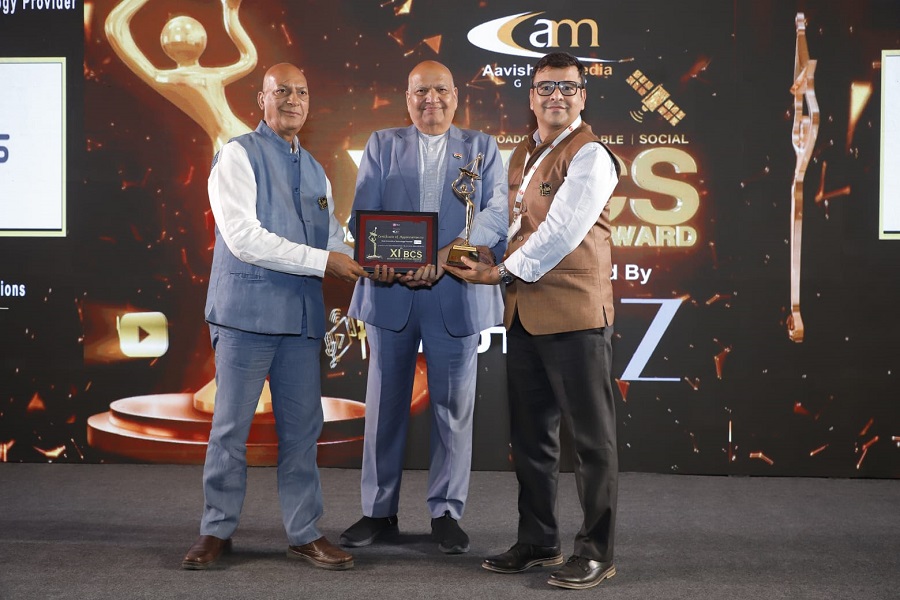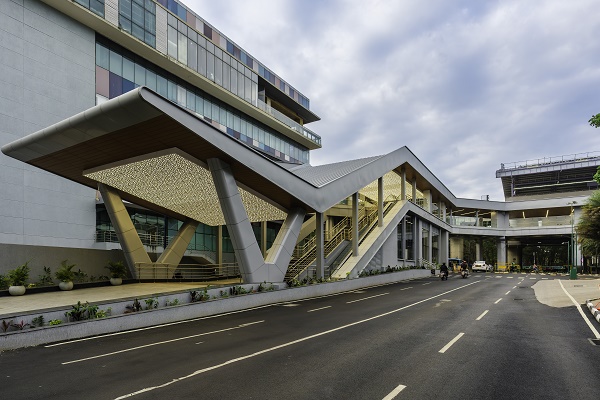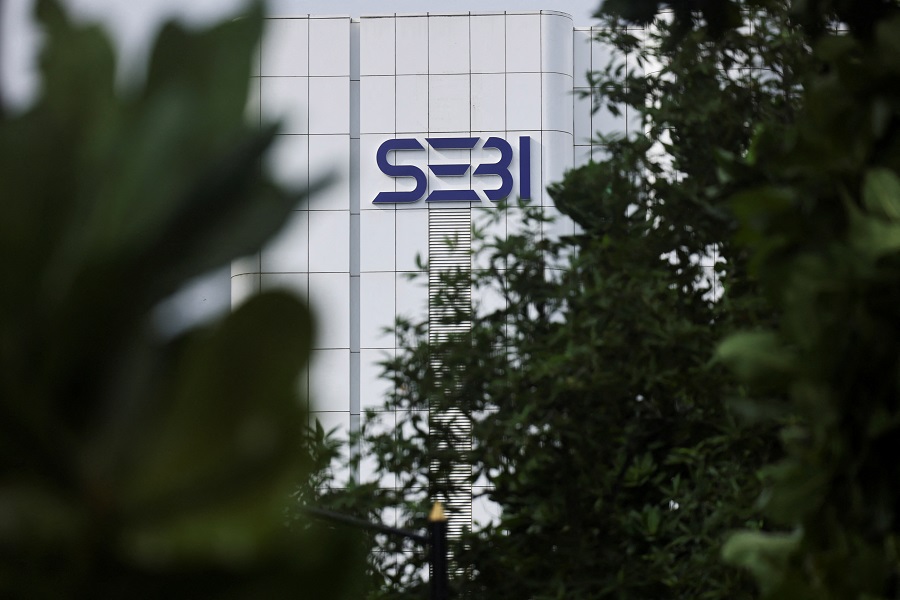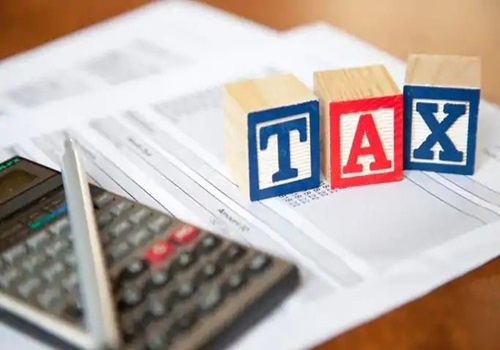Diet Report : Internet - AICPDF at CCI doors against Quick Commerce By Elara Capital

The cacophony surrounding discounts by quick commerce (QC) firms seems to be increasing, as the All-India Consumer Products Distributors Federation (AICPDF) has filed a petition with the Competition Commission of India (CCI) to regulate QC platforms over alleged price-cutting, demanded a minimum support price (MSP) on Maximum Retail Price (MRP), citing adverse impact on Kirana stores in Tier 1 cities. The recent interview of Deepinder Goyal (Eternal CEO) citing INR 50bn quarterly cash burn by QC sector has added fuel to the debate. While there is no global practice of using MSP (for FMCG), its implementation remains unlikely, given the open market structure that India espouses. QC's increasing dominance, especially in metros, challenges traditional Kirana stores, resulting in closure. We believe the discounting scenario is short-lived and just a means to gain market share; we expect platforms to focus on profitability.
AICPDF seeks MSP; wants curbs on QC discounts:
Increased discounts on fast-moving products on QC platforms are adversely affecting bottom lines of Kirana stores rather than MT firms in Tier 1 cities, as the QC battle has intensified: Swiggy (SWIGGY IN, CMP: INR 358, Not Rated) aims to expand stores, and Zepto (Not Listed) is in a rush to gain market share. Hence, per checks, AICPDF has demanded 1) a 10% price floor on MRP for FMCG products, 2) a 2-3% floor on MRP for non-FMCG, and 3) control on eCommerce & QC platforms’ offers & discounts via regulations. Execution of these demands is highly unlikely, given: 1) globally, there is no MSP concept for FMCG products, 2) floor to price may retard investment in eCommerce & startup activities, and 3) it is counter-intuitive to containing inflation. In the past, similar demands/allegations were raised when eCommerce entered India, and even then, the authorities did not take any regulatory action. However, this time the impact could be magnified, given the highly penetrated Kirana stores in India.
Agency raising awareness among Kirana stores:
The AICPDF aims to raise awareness on the potential threats of QC platforms pan India, especially in Tier II cities, which could be coverage-bound by QC platforms. The organization is making use of: 1) flyers against QC firms, and 2) raising MSP demand & need for regulations on discounts offered by eCommerce and qCommerce firms. We believe this is a tall ask, as 25-30mn Kirana stores lack cohesive messaging and leadership, even as awareness is rising, given social media.
Kirana stores model challenged in metros; Tier II more immune:
As per our channel checks with association leaders and modern trade (MT) experts, we see the impact is severe on Kirana stores operating in dark store areas. Given the price battle, Kirana stores lags QC platforms and MT firms. As per 30 October 2024 Business standard article, nearly 200,000 stores have shut due to QC impact. Key trends in retail include: 1) consumers demand variety, exotic SKUs and lower prices, which make the QC platform more attractive, resulting in increased adoption. In non-metros, given concerns on unit economics, platforms may see non-linear progression, giving more immunity to Kirana stores in Tier-II cities. QC’s salience in online sales in some categories continues to rise, as per our 28 February 2025 note, Quick commerce in sweet spot. Differentiated product packing for MT, QC and Kirana channels indicate manufacturers’ willingness to embrace platforms to protect market share, although margin pecking order remains attractive (Kirana, followed by MT and QC & eCommerce). In the long run, increased salience of QC may weigh on FMCG brands' margin.
Likely short-lived discount regime as profitability pressure intensifies: Given grocery makes up 80-90% of QC order value, discounts are higher on key items, (Atta, cooking oil, and pulses). As per our checks, among three key firms, Zepto offers the highest, followed by Instamart and Blinkit. We do not expect a prolonged discount regime, given rising pressure for profitability on listed QC firms, while Zepto may slow after the IPO. Increased discussion over profitability could force a calibrated approach while scaling. Goyal says Blinkit has a 2-3% share in industry cash burns, but holds a 40-45% GMV share, showing focus on profitability.
Please refer disclaimer at Report
SEBI Registration number is INH000000933


